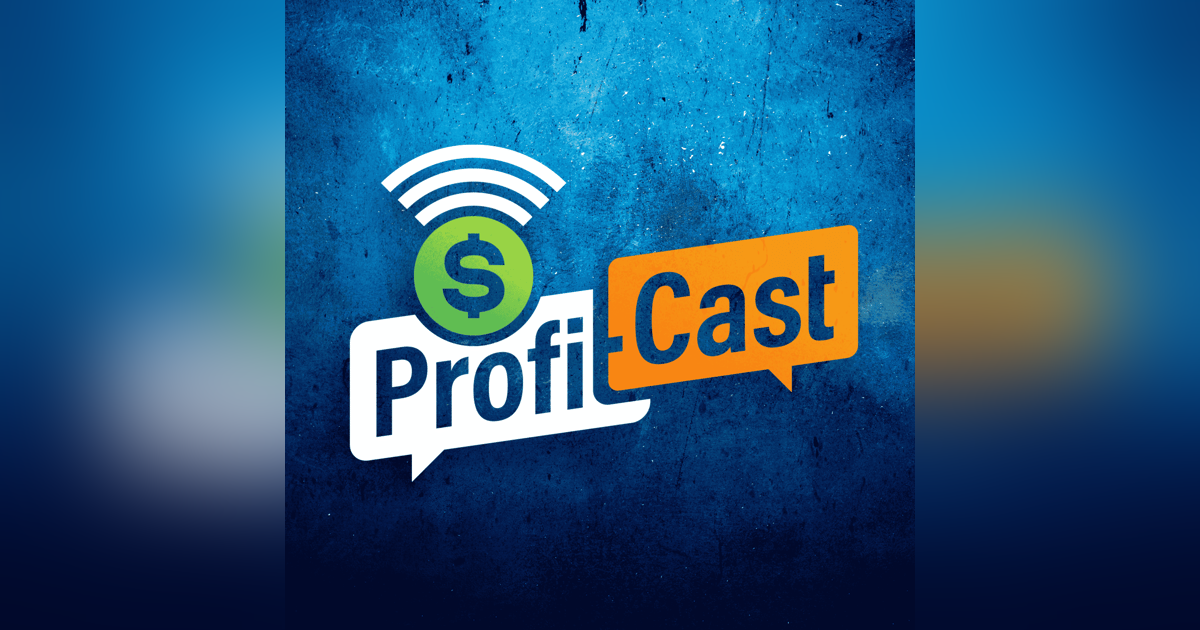57: Good Headlines = More Listenership


Catchy headlines are by no means a new idea. Since the dawn of print media, either newspapers or tracks or pamphlets, distributors have put a lot of effort into making information appealing. Headlines present a unique challenge in that they must make...
Catchy headlines are by no means a new idea. Since the dawn of print media, either newspapers or tracks or pamphlets, distributors have put a lot of effort into making information appealing. Headlines present a unique challenge in that they must make the potential of information appealing.
Anything that has a headline likely utilized one of a number of tactics: humor, pun, alliteration, wow-factor. The goal, essentially, is to quickly and briefly draw attention to the content of a story or article. Hopefully once the reader is committed to the article, the content speaks for itself. As Brian points out on the podcast, this is always a tricky combination of making the headline interesting and informative, while not being misleading or boring.
When I first listened to this week’s podcast, my first thoughts went to famous newspaper headlines. The death of Princess Diana sparked: “DIANA DEAD.” When NASA astronauts landed on the moon, we saw: “MAN WALKS ON THE MOON.” When the Titanic sank, The New York Times front page read: “TITANIC SINKS FOUR HOURS AFTER HITTING ICEBERG.”
Sometimes the content creates its own headline, like the examples I’ve given. Diana Dead is both a wow-factor and an alliteration, but it’s also as true and straight-forward as a headline can get. Sometimes the content can seem a little too complicated or broad to be stated in a few words, at least insofar that a listener, in the context of podcasting let’s say, will stop and take an interest. Finding a rhythm with headlines for podcast episodes is no less daunting than finding that super niche, because many podcasters are competing for the same listeners, just as many newspapers compete for the same readers.
One very interesting comment Brian made on the podcast was an observation about the relevant piece of the episode title. It is important not to bury the lead. Brian noted how he used to structure episode titles like this: PC # | Interview with Name | Topic of Discussion. But the typical smartphone will only show the first 25 characters, or so, of an episode title. The most users can see, then, is the name of the person being interviewed (or maybe not even the full name). By switching the order of interviewee and topic, Brian found that, overall, podcast downloads rose.
Of course, this isn’t true 100% of the time. For example, an interview with a well-known podcaster using the original title format will certainly have more downloads than a episode title with the adjusted format, but which was poorly named (i.e. What Does Jurassic World Have To Do With Podcasting?). What seems like a good idea may turn out to be a bust, but this is the challenge we face. In a world where nothing is handed to us, don’t let the naming of your podcast episode be a boring and automatic practice. Make writing good headlines part of your production routine.
As podcasters we hope that the information we’re putting out is more than just interesting. We want it to excite and encourage listeners. If it is difficult to make a podcast title exciting, be wary of falling back on making it cute or ironic. Make it informative.
There are some exceptions, of course. Podcasts about television shows have a little more leniency. Below I’ve taken screencaps of two Under the Dome podcast episode titles. They embrace the craziness and absurdity of their show and use it to their advantage. Fans of the show can appreciate the titles, but the same title might not mean much to someone unfamiliar with the show’s premise. And that’s ok! It demonstrates creativity, it conveys personality, and it’s interesting.
In this podcast, Brian shares some very frank information about the stats of his episodes as they correlate to their respective titles. After you listen and get an idea for the patterns he’s seen, take a look back on your own stats and take note of any patterns you see. Then… report back! We want to know how you’ve fared.
PATREON
Would you please consider supporting Profitcast through Patreon? I would be ETERNALLY grateful! Thank you to ALL who have come alongside Profitcast through Profitcast Patreon
The foundation of Profitcast has been to pioneer techniques of turning passion into profit. Many podcasters have been successful with Patreon, and Brian hopes to provide meaningful insights and suggestions on how to launch your own campaign.
Links!























